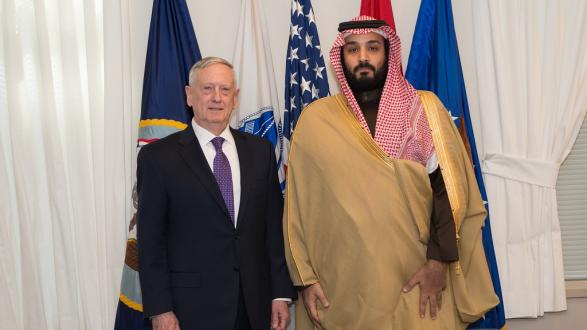The following is an excerpt from a report by the author after a recent visit to the Gulf.
The stunning announcement in Riyadh of a new anti-corruption committee, the arrest of Prince Alwaleed bin Talal and dozens of other prominent elites, and the resignation of Prime Minister Saad Hariri of Lebanon highlights the fast-paced, wide-ranging, and high-stakes nature of Prince Mohammad bin Salman's push to transform the Saudi landscape. The crown prince is taking a tool from the kits of Xi Jinping and Vladimir Putin: fighting alleged corruption is his new hammer to realign economic interests and consolidate political control.
While official graft is a problem, Saudi rule has been based on close political, family, and business arrangements and state largesse allocated by consensus-based decision making. Rather than liberalizing this closed system, bin Salman likely is reordering it according to the interests of his clique, seeking to curtail excessive access to the kingdom’s resources and reclaim assets to plug the budget deficit. Indeed, the November 5 arrests were a highly authoritarian move, even in the Saudi context, and have sent a shockwave through the region. The message bin Salman is sending is that he can choose who he wants to prosecute and no elite or business is untouchable. This generates significant political risks for foreign partners.
Mohammad bin Salman is seeking to use the power of the state to fundamentally reorder politics, economics, and society. He is also leading the charge on behalf of a younger generation impatient with the status quo. A young, smart, and charismatic Mikhail Sergeyevich Gorbachev tried doing it all, too. But, like renovating an old house, such multi-faceted governance transitions can expose structural failures and take twice as long and cost much more than expected.
Can bin Salman outrun the forces that he is challenging? Right now, he has the initiative and many see stagnation as the only alternative. A key signpost to watch is whether his campaign drives a deep split in the Saudi royal family.
The full report can be found at Longview Global Advisors.
____________________
Dr. DJ Peterson is a Pacific Council member and president of Longview Global Advisors.
The views and opinions expressed here are those of the author and do not necessarily reflect the official policy or position of the Pacific Council.




